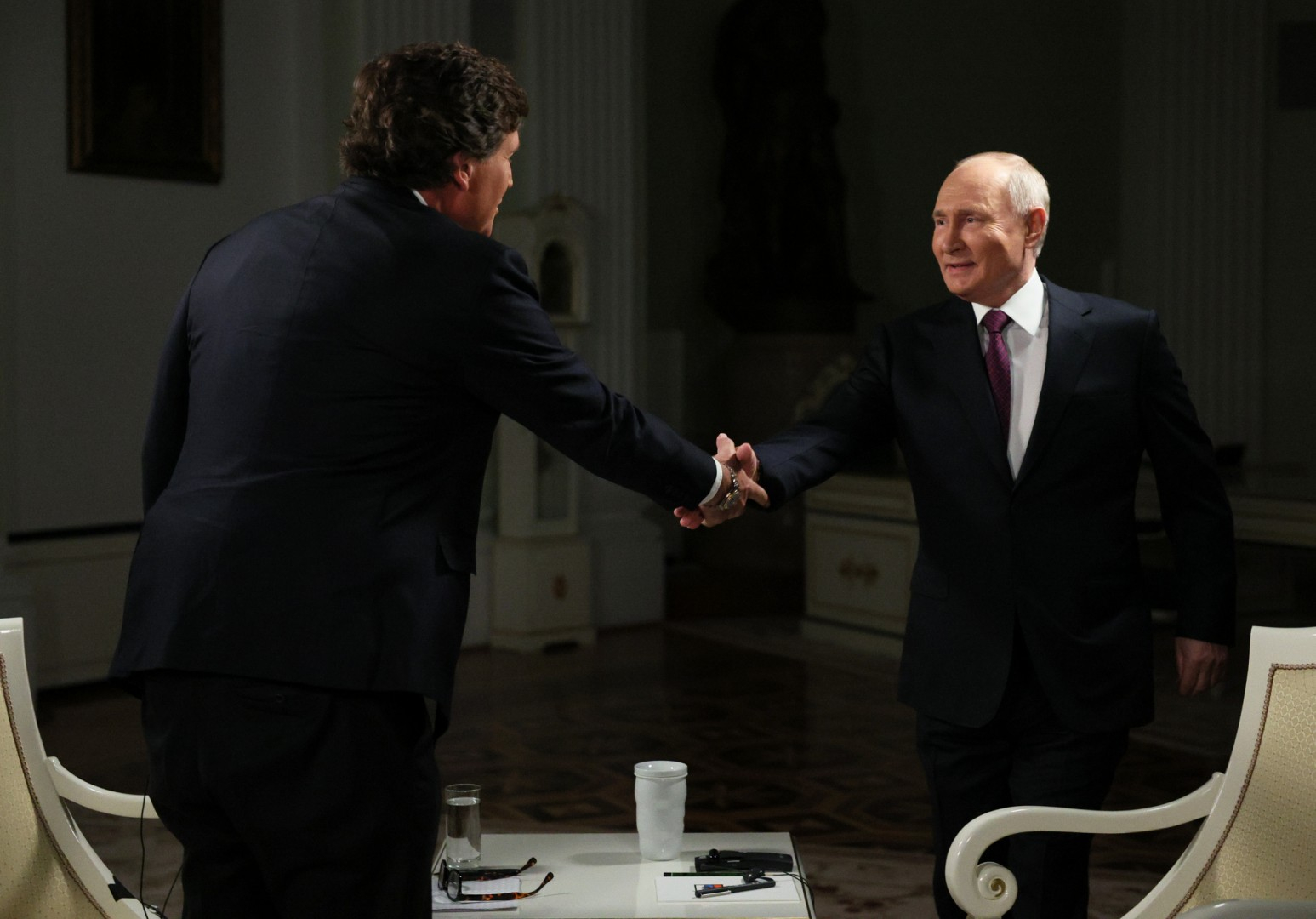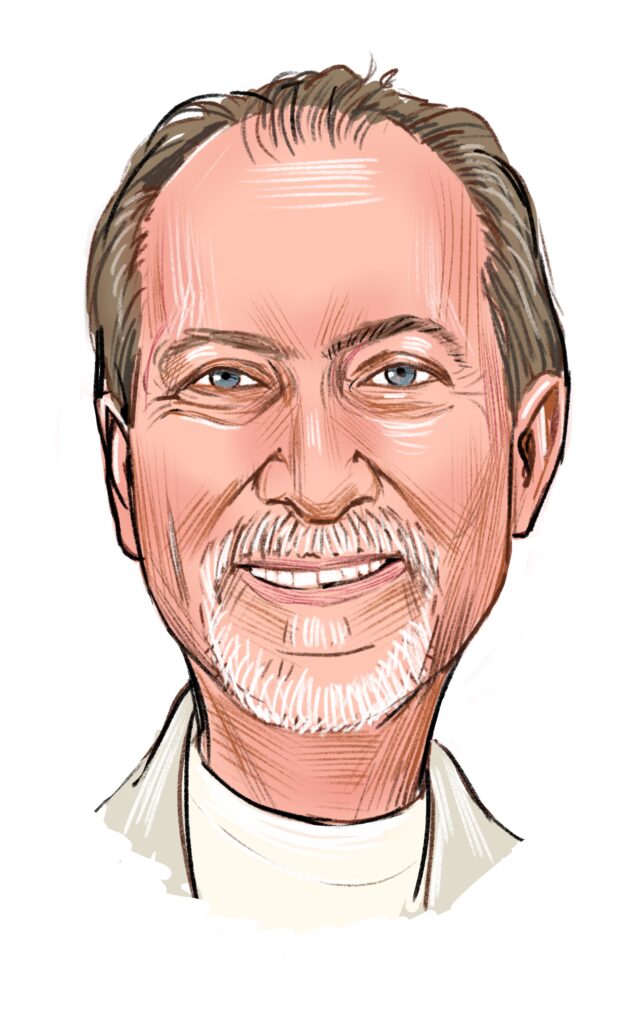In an era where global tensions seem to dominate headlines, unexpected events sometimes offer glimpses of hope and opportunities for transformation. Recently, the world witnessed such an event when Tucker Carlson, a prominent American television host, sat down for an interview with Russian President Vladimir Putin. While the interview sparked controversy and debate, it also presented a unique opportunity to reflect on the potential for fostering harmony among people and the planet in the years ahead.
The conversation between Carlson and Putin covered a wide range of topics, from geopolitics to climate change, providing viewers with insights into the perspectives of two influential figures on the global stage. Amidst the political differences and ideological divides that often characterize interactions between nations, this dialogue offered a rare moment of engagement and exchange.
One of the most notable aspects of the interview was the discussion surrounding climate change. Putin acknowledged the importance of addressing environmental issues and emphasized the need for international cooperation to combat the threats posed by climate change. This recognition of a shared responsibility to protect the planet highlights a potential avenue for collaboration that transcends traditional boundaries and rivalries.
Moreover, the interview underscored the significance of open communication and dialogue in navigating complex geopolitical challenges. By engaging in constructive conversations, even with adversaries, there is an opportunity to build trust, foster understanding, and explore common ground. In a world where tensions between nations often escalate through rhetoric and misinformation, the importance of genuine dialogue cannot be overstated.
Furthermore, the interview with Putin serves as a reminder of the power of media in shaping perceptions and influencing public discourse. As one of the most-watched television hosts in the United States, Carlson has a platform that reaches millions of viewers. His decision to engage with a world leader like Putin demonstrates the potential for media to facilitate meaningful exchanges and promote a deeper understanding of global issues.
Looking ahead, the insights gleaned from the interview have the potential to inform and inspire efforts to co-create harmony among people and the planet. By building on the foundation of mutual respect and cooperation demonstrated in the conversation between Carlson and Putin, there is an opportunity to forge new paths toward peace, sustainability, and prosperity.
One area where this collaborative approach could yield significant benefits is in addressing the existential threat of climate change. As nations grapple with the urgent need to reduce emissions and transition to renewable energy sources, cooperation on a global scale is essential. By fostering partnerships and sharing expertise, countries can accelerate progress toward a more sustainable future for all.
Additionally, the interview highlights the importance of prioritizing diplomacy and dialogue in resolving conflicts and mitigating tensions between nations. Rather than resorting to adversarial rhetoric and brinkmanship, leaders can seek to find common ground and pursue diplomatic solutions to complex problems. Through sustained engagement and negotiation, even the most entrenched disputes can be resolved peacefully.
Ultimately, the conversation between Tucker Carlson and Vladimir Putin offers a glimpse of the potential for cooperation and collaboration in a world often characterized by division and discord. By embracing the principles of mutual respect, open communication, and shared responsibility, there is hope for a future where harmony among people and the planet prevails. As we navigate the challenges of the 21st century, let us seize upon moments of dialogue and engagement as opportunities to co-create a better world for generations to come.
Zen Benefiel is a visionary author, speaker, and coach dedicated to empowering individuals to unlock their full potential and create positive change in the world. With a focus on personal growth, spiritual awakening, and collective consciousness, Zen inspires others to embrace mindfulness and cultivate harmony within themselves and the world around them.












No responses yet